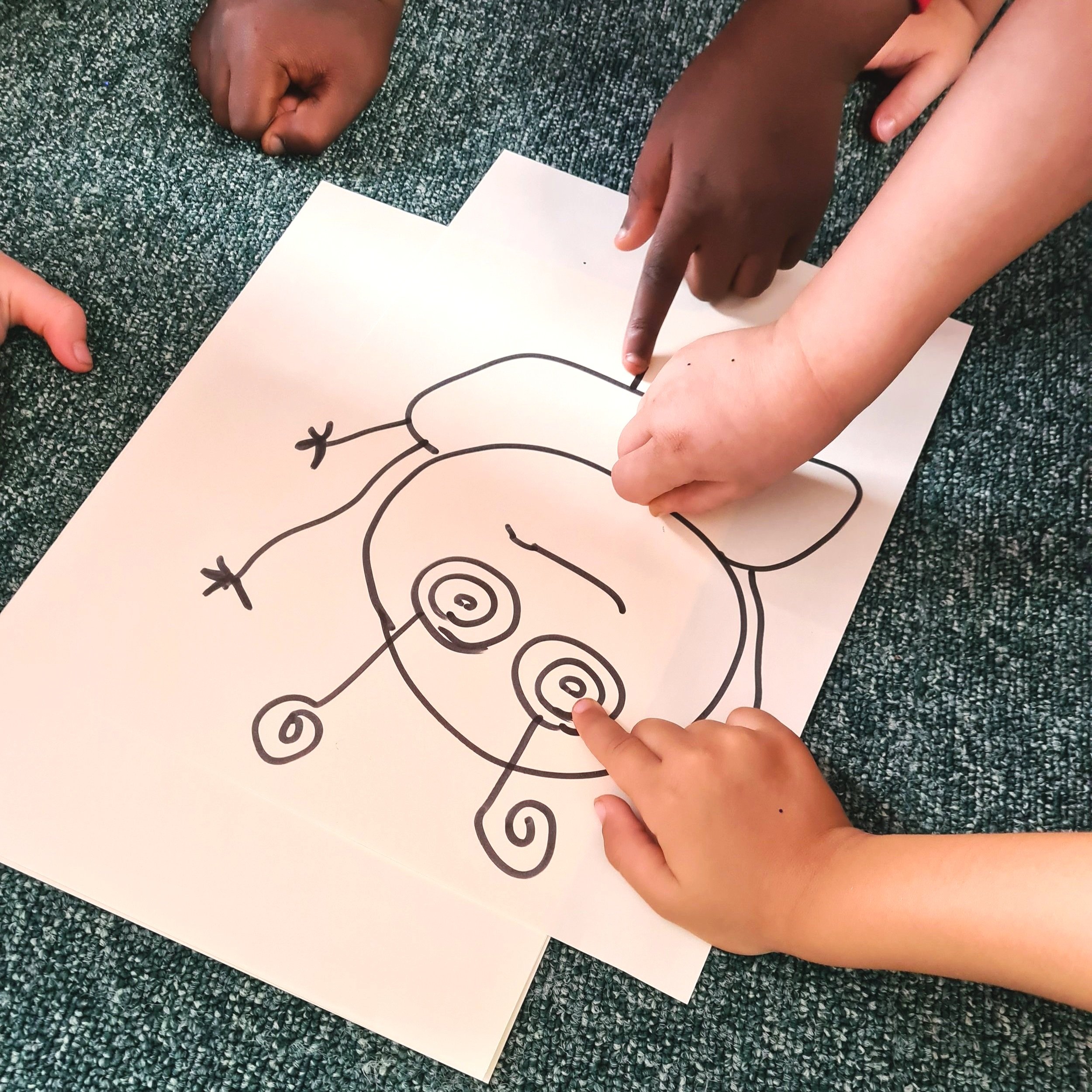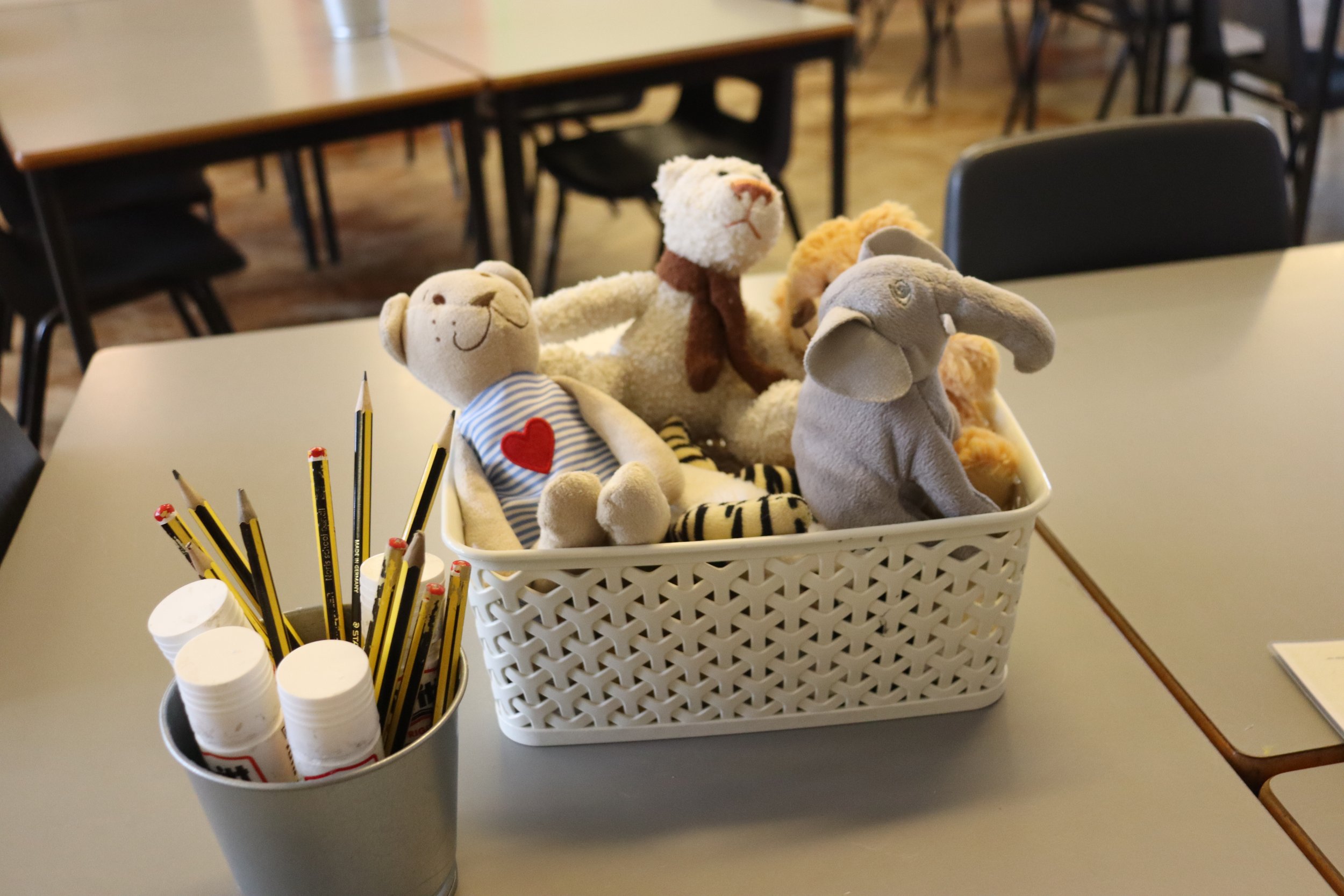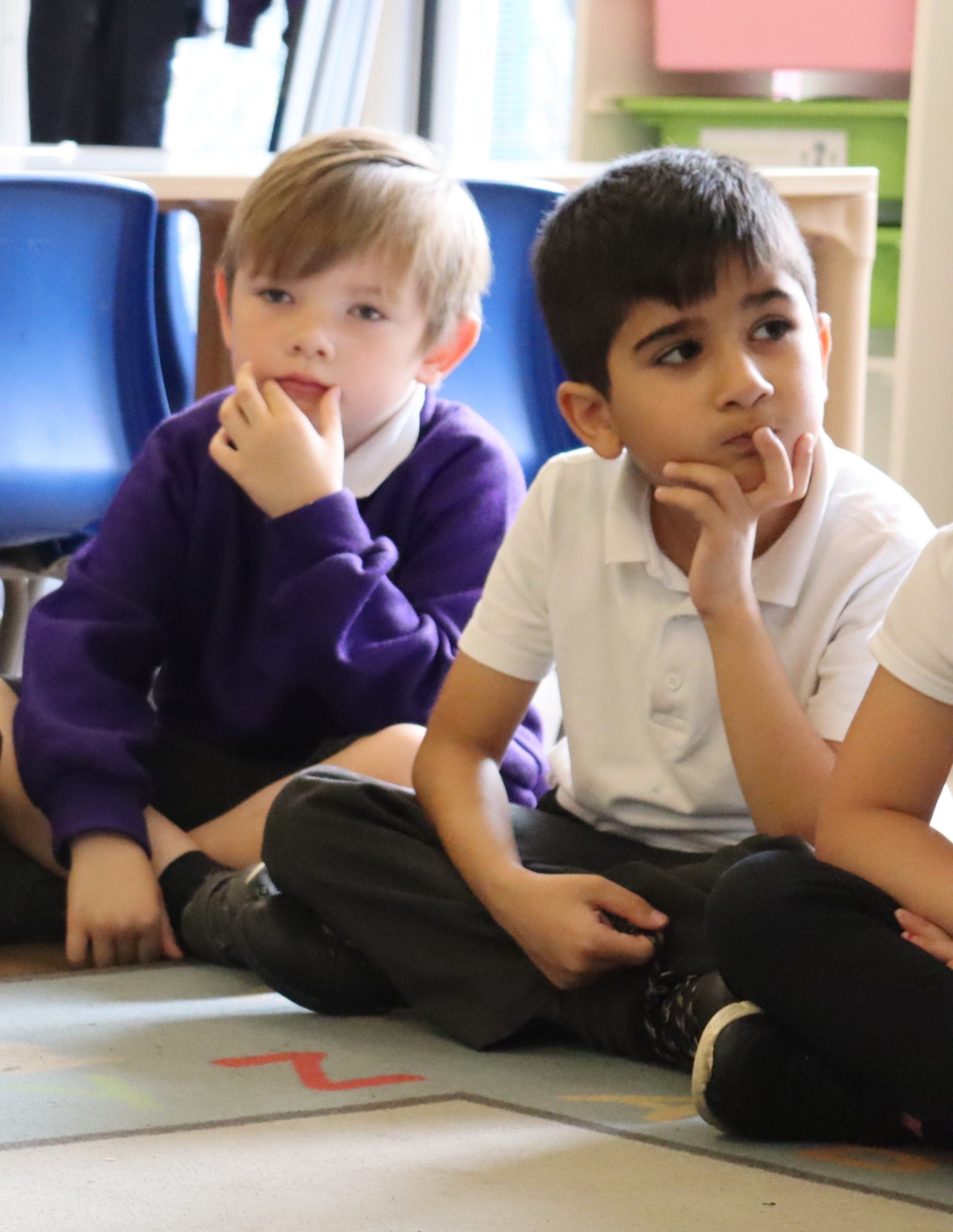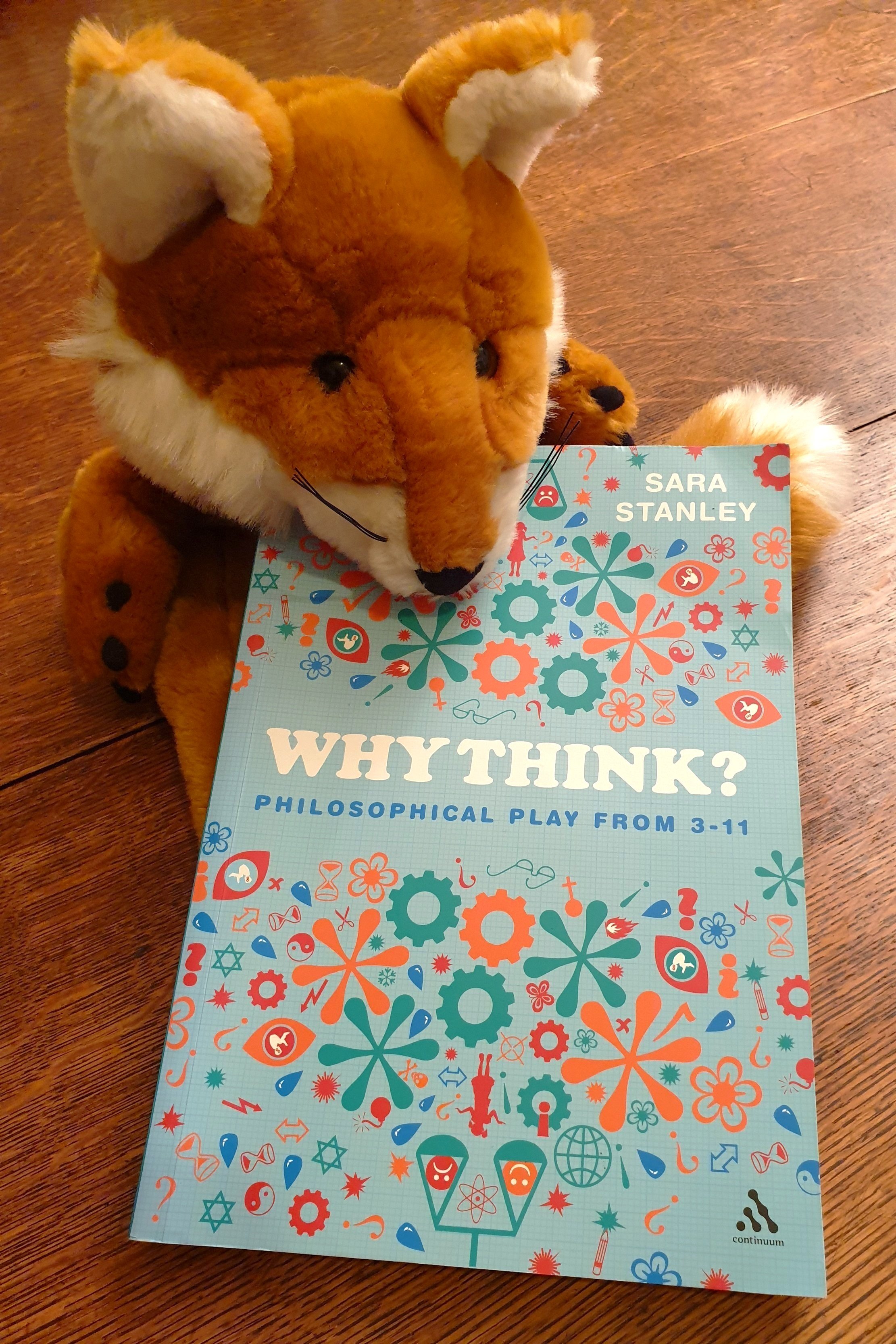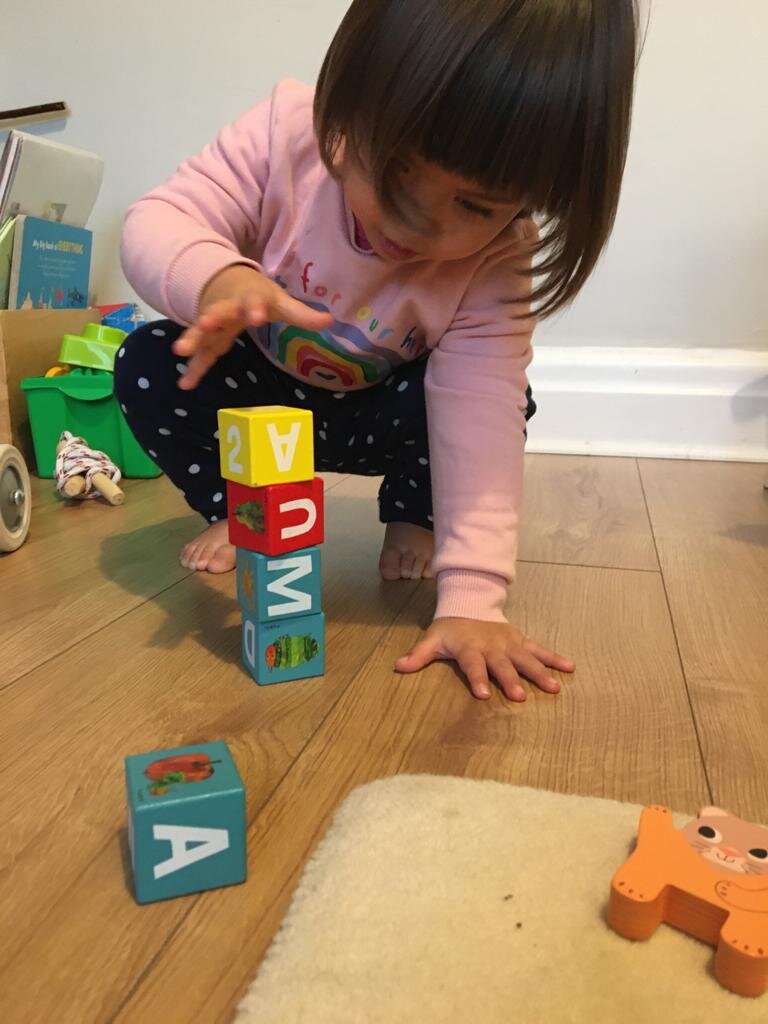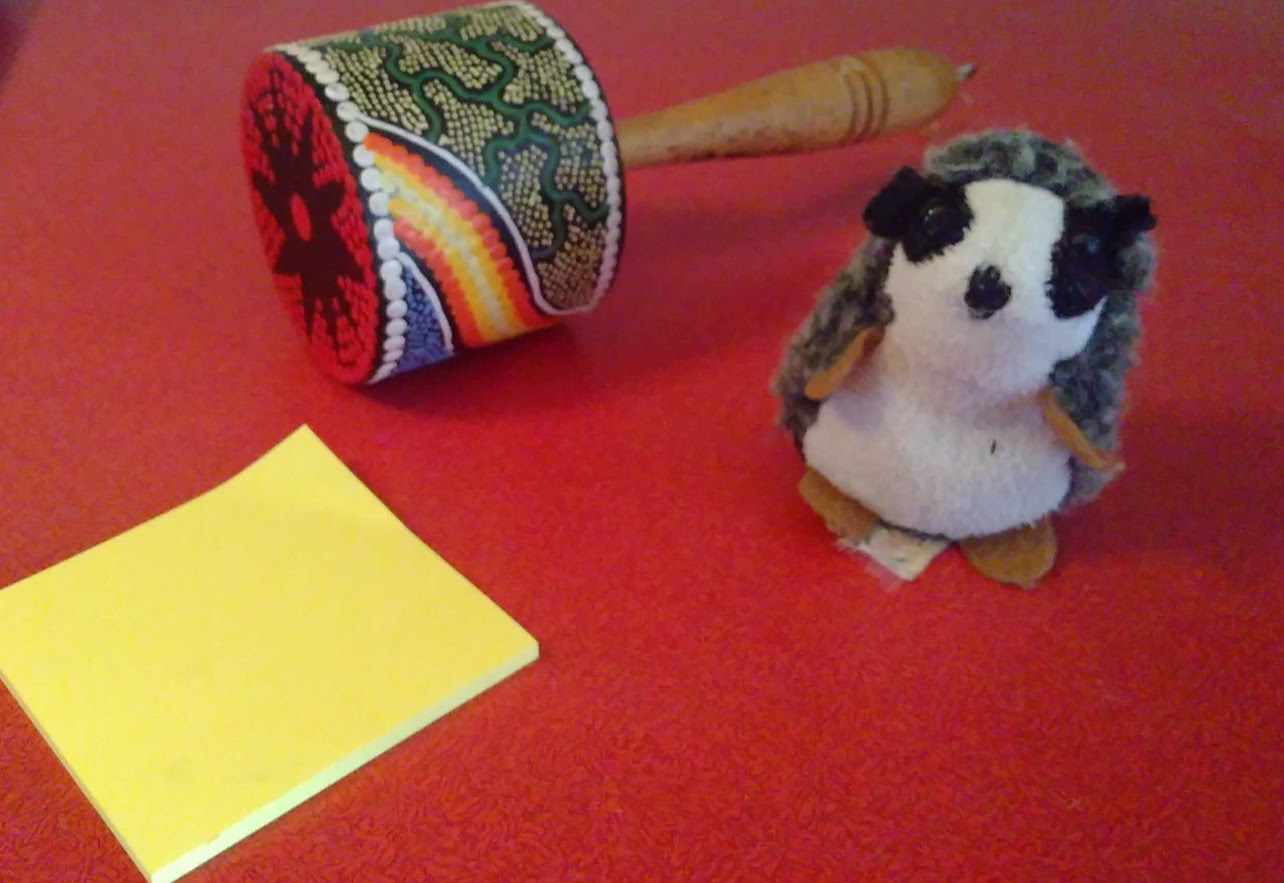I’m becoming more and more convinced that repeated reading of a story by a skilled practitioner is a game-changer. Couple this with organising children into small groups to think and talk together about the story, and guess what happens – their language, reasoning and confidence to talk develops massively.
This is part of what I’m seeing in my work with the TWiTCH (Talk With Tales for Children) research project based at Sheffield Hallam University.
The TWiTCH approach immerses children in a traditional tale such as Goldilocks and the Three Bears for a three-week period.
It develops their love of stories, as well as providing them with new language and reasoning skills. They enthusiastically retell the story, often repeating key words and phrases. They also enjoy talking and thinking about the story, for example discussing whether Goldilocks made good choices.
“Children with speech and language issues are starting to be engaged, starting to speak! So much more vocabulary is being used in provision. ”
To learn more about the TWiTCH project visit https://educationendowmentfoundation.org.uk/projects-and-evaluation/projects/twitch-talk-with-tales-for-children-2023-24-pilot
See also my previous post on traditional tales.


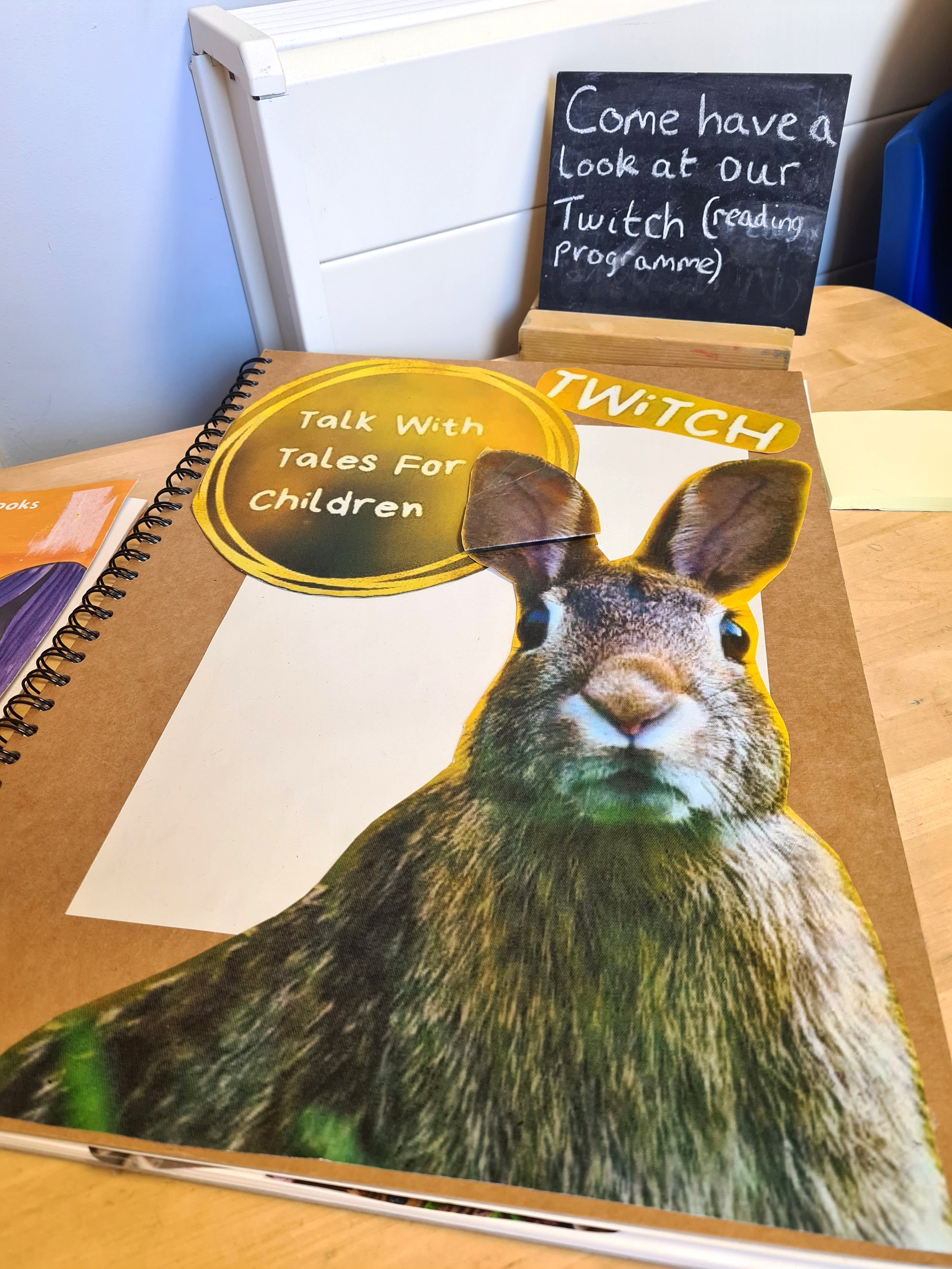
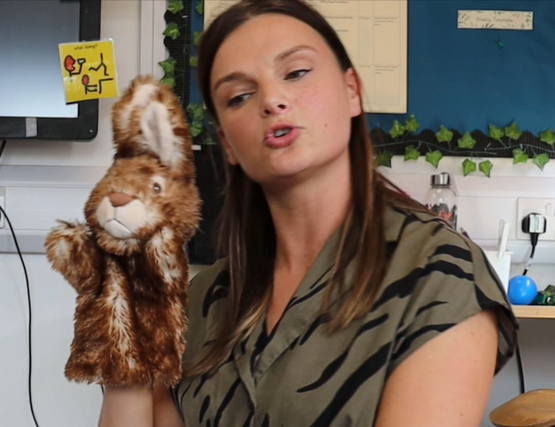
The TWiTCH rabbit helps to model language such as Yes, because…
Let’s start talking about the impact screen time might be having on language development
Over 200 guides to help you do philosophy with children
Packed with example discussion scenarios, this book will help you raise your facilitation game
Full of practical ideas and lovely examples of children’s words; I recommend this book
A fascinating, accessible book about thinking in the Early Years
Share this 4 minute video with your Early Years colleagues
An example of using a small-but-curious event to get pupils talking and thinking
Seven quick activities to develop talk, listening and non-verbal communication
This resource brings together phrases and tips to help parents and carers develop dialogue with their children at home.
Simple-yet-effective techniques to get three year olds talking and keep them focused.
An opportunity to talk with other teachers about P4C.
Starting with simple/fun questions in Early Years helps children develop the skills to consider deeper ('more philosophical') questions over time.
Talking Toys enables children to immediately organise their turn-taking.
The game ‘Odd One Out’ is a great way to begin lessons on specific themes or topics - you can quickly create a resource box that will last for the duration of the topic.
When using random selection in whole class learning, if a child doesn’t respond, there are several options.


